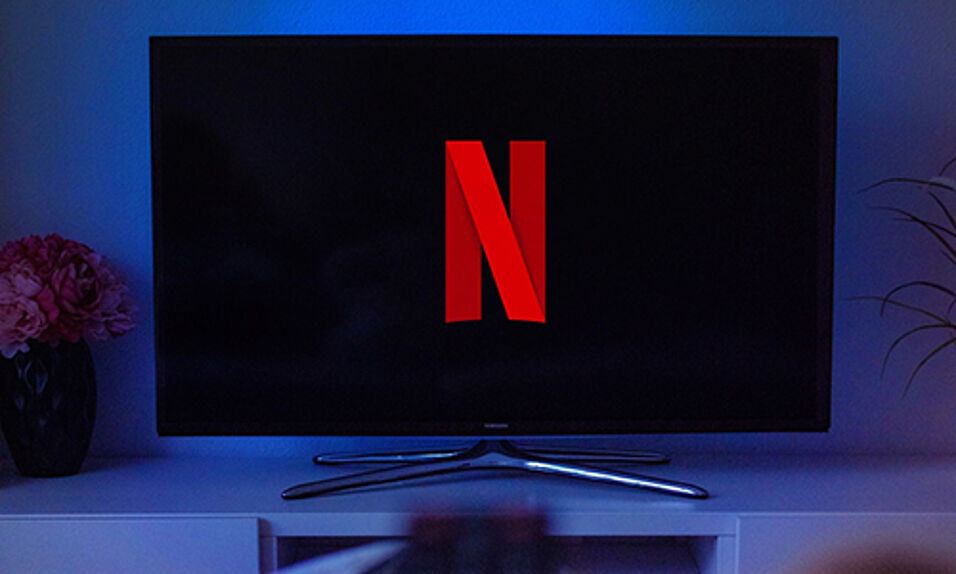Article by Adriana Sofia Palloks (✉ adriana.palloks@univie.ac.at)
Who hasn't experienced it: A series is so captivating that you must watch it to the end in a single sitting. This phenomenon is called binge-watching, i.e. when people watch a series uninterruptedly over a long period of time. Streaming services such as Netflix, Amazon Prime and Disney+ encourage excessive media consumption with their extensive selection of movies and series. But how does this time-consuming activity affect our well-being?
A new study by Elena Erdmann and Tobias Dienlin examined the media phenomenon of binge-watching. They replicated, with some adjustments, a former renowned study by Granow and colleagues from 2018 in order to shed more light on the effects of binge-watching. 668 participants aged between 14 to 67 were recruited digitally (mainly via Facebook) in June 2020 to participate in the study. With a digital questionnaire, which was based on the old study, the participants were asked to share their assessment and feelings regarding binge-watching. Both positive (competence, relaxation, enjoyment) and negative (feelings of guilt, loss of control) associations were asked for, which they linked to so-called movie or series marathons.
"The results showed that binge-watching has both negative and positive relations to well-being", explains study author Tobias Dienlin. "That is, binge-watching was related to experiencing more goal conflicts, but also to more recovery experience and enjoyment." Binge-watching of series often competes with other important activities and pursuits from everyday life. Individuals who find themselves in such conflicting situations usually feel guilty and experience less enjoyment from the series marathon. On the opposite side, many participants expressed that binge-watching gives them a sense of autonomy and distracts them from their work, which ultimately provides relaxation and enjoyment. "Binge-watching is also surprisingly social", Dienlin continues "such that people binge-watch in order to share experiences with others." Regarding the attempt to replicate Granow's (et al. 2018) study, he sums up that "regarding our second aim, we were able to reproduce large parts of the study we analysed, showing that findings were mostly robust. However, some aspects were also different, which emphasizes that it's crucial that researchers continuously repeat and replicate prior studies to improve our understanding of relevant phenomena."
Publication details
Erdmann, E., & Dienlin, T. (2022). Binge-watching, self-determination, and well-being: A partially successful direct replication and extension of Granow et al. (2018). Journal of Media Psychology. Advance online publication. https://doi.org/10.1027/1864-1105/a000334
Free to access at OSF: https://osf.io/preprints/socarxiv/asfbz/
Replicated study: Granow, V. C., Reinecke, L., & Ziegele, M. (2018). Binge-watching and psychological well-being: Media use between lack of control and perceived autonomy. Communication Research Reports, 35(5), 392-401. https://doi.org/10.1080/08824096.2018.1525347
Free to access at ResearchGate


